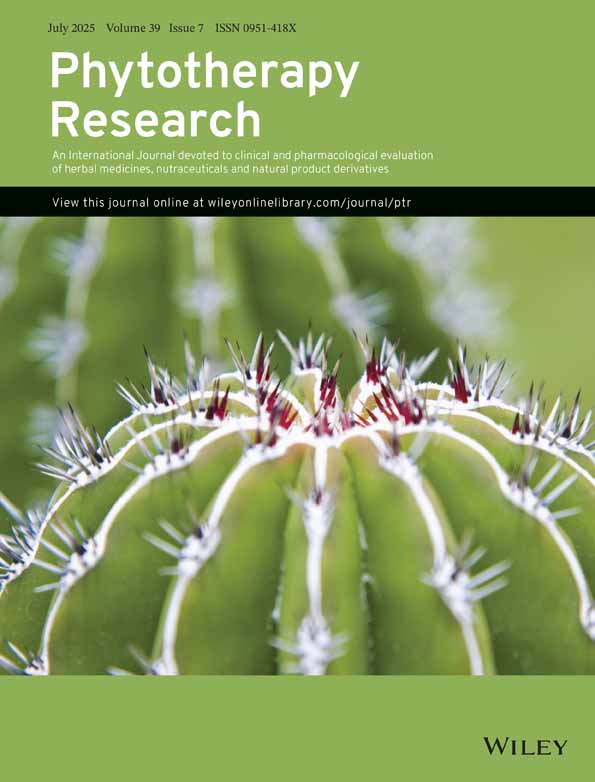(-)-epigallocatechin-3-gallate reduces experimental colon injury in rats by regulating macrophage and mast cell
Abstract
The ameliorative effect of (-)-epigallocatechin-3-gallate (EGCG) on inflammatory bowel disease (IBD) induced by ethanol 2,4,6-trinitrobenzene sulfonic acid (TNBS) was studied in 7-week-old male rats. Intestinal lesions were measured as an increase in myeloperoxidase (MPO) activity in mucosa. The supplementation of EGCG significantly inhibited MPO activity and histamine levels in the distal colon mucosa. The EGCG inhibited macrophage chemotaxis toward N-formyl-l-methionyl-l-leucyl-l-phenylalanine in a concentration-dependent manner. These observations confirmed that EGCG can ameliorate acute experimental colitis by the suppression of mast cells and macrophage activities. Copyright © 2009 John Wiley & Sons, Ltd.




